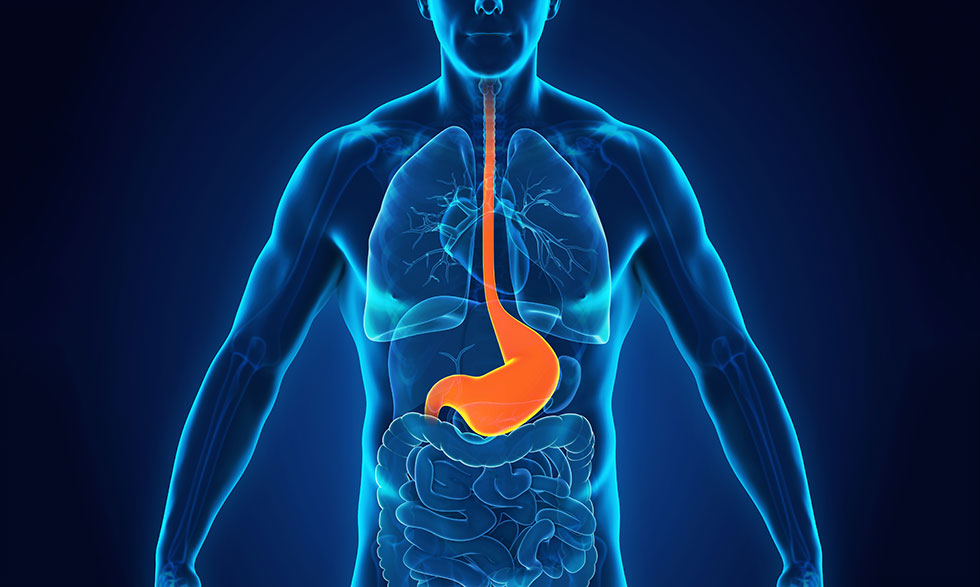When we eat, the food travels down the esophagus into the stomach. The stomach secretes pepsin, a digestive enzyme, and also secretes hydrochloric acid to help dissolve the proteins in the food. When the stomach does not produce this acid in sufficient quantities, this stage of the digestive process does not function well, and these reduced stomach acid levels prevent the proper absorption of nutrients, as well as vitamins and minerals. An interesting fact that few people know is that one of the possible causes of problems such as heartburn and reflux is exactly a low level of stomach acid. The presence of these problems does not always indicate acid insufficiency, but for most people heartburn and reflux are indicators of low stomach acid levels.
And what are the causes of low stomach acid?
- Imbalanced microbiome
- Excessive alcohol
- Antibiotics
- Hypothyroidism
- Chronic stress
- Excess caffeine
- Nicotine, present in tobacco
So what about how you can tell if you have missing stomach acid? There are a number of signs that can help us tell, such as:
- Abdominal bloating
- Heartburn
- Constipation
- Excessive gas and flatulence
- Indigestion
- Feeling excessively full after eating
- Food allergies
- Frequent burping
If you feel you have any of these signs and don’t know what to do, contact the Stargut team and we’ll help 🙂



